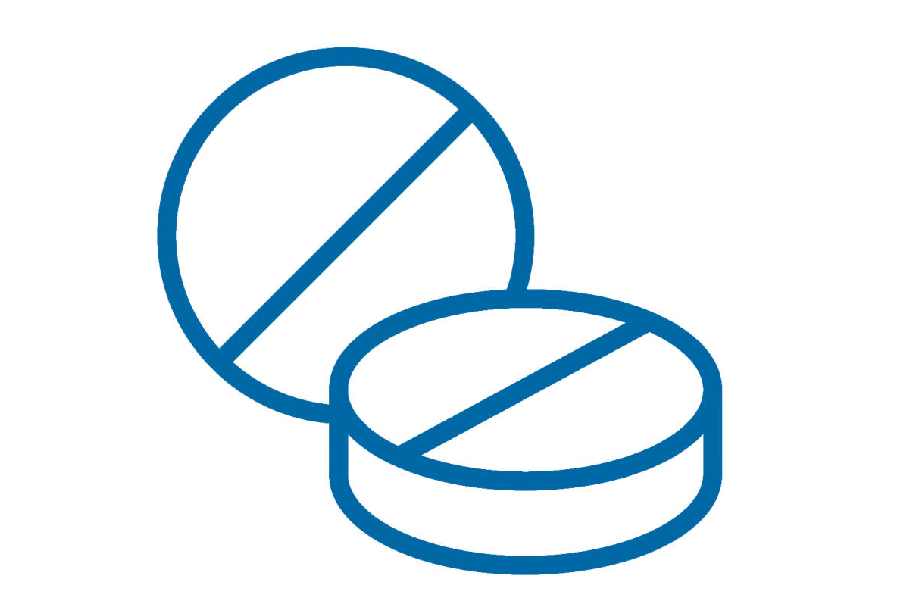The drug named semaglutide prescribed for diabetes and weight loss can significantly reduce the risk of major kidney disease, cardiovascular events and premature death in patients with diabetes and chronic kidney disease, researchers said on Friday.
The researchers, announcing the results of a landmark international clinical trial, said patients who received semaglutide once a week had a 24 per cent reduced risk of worsening kidney disease and premature death from cardiovascular- or kidney-related causes compared with patients who received placebo.
The trial with over 3,500 participants followed up for more than three years has also shown that the once-weekly treatment reduced the risk of major cardiovascular events such as heart attacks by 18 per cent and the risk of “all-cause mortality” by 20 per cent.
The findings have bolstered evidence for the benefits of semaglutide, an anti-diabetic medication that is also used as an anti-obesity drug and has also been shown through an earlier clinical trial to lower cardiovascular risk levels in overweight patients who do not have diabetes.
“The new results are significant — a 24 per cent risk reduction is huge,” said Ambrish Mithal, chair and head of endocrinology at Max Healthcare hospital in New Delhi who was not associated with the trial. “This was a trial dedicated to evaluating the outcomes linked to kidney disease and fills a gap in the evidence.”
Kidney damage leading to chronic kidney disease is a serious complication of diabetes, with between 30 per cent and 50 per cent of patients with diabetes developing diabetic kidney damage which itself comes with a risk for kidney failure, cardiovascular events and premature death.
While patients with diabetic kidney disease are currently prescribed other medicines to curb its progression, the trial with semaglutide was part of efforts to explore new treatment options amid concerns that many patients on current medications continue to experience a decline in kidney function.
The reduced risks imply “a profound clinical impact saving kidneys, hearts, and lives for patients with type-2 diabetes and chronic kidney disease”, Vlado Perkovic, professor at the University of New South Wales, Sydney, Australia, said in a media release from the European Renal Association.
“These findings offer great promise for reshaping treatment strategies for individuals at high risk of diabetes-related complications, a new avenue for kidney and cardiovascular protection,” said Perkovic who was set to present the trial’s findings at an ERA conference in Stockholm, Sweden, on Friday. The findings were also published on Friday in the New England Journal of Medicine.
Participants in the trial received a 1.0mg dose of an injected version of semaglutide once a week. The injected version isn’t yet available in India where, Mithal said, the oral and slightly less potent version of semaglutide is used to treat diabetes and obesity.
“Still, these results are likely to influence more prescriptions of semaglutide,” Mithal said. “The oral version is less bioavailable than the injected, but under current practice, a 14mg daily oral dose is viewed as equivalent to the 1mg once-weekly injection.”
Mithal also cautioned that the trial involved participants with moderate and not advanced kidney disease. The effect of the drug on patients with advanced kidney disease remains unevaluated, he said.











